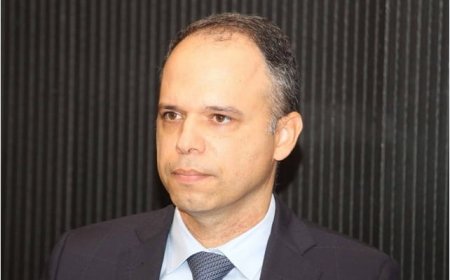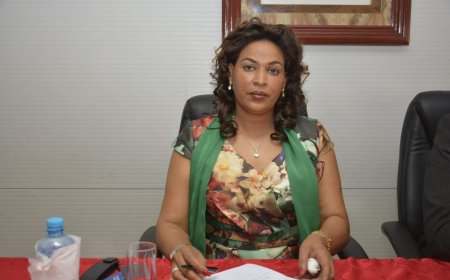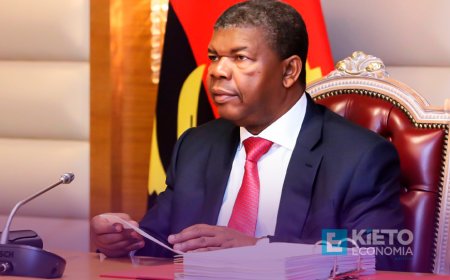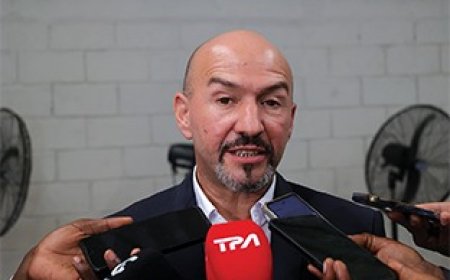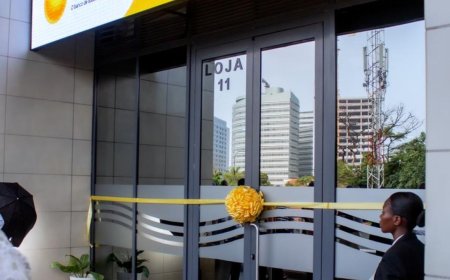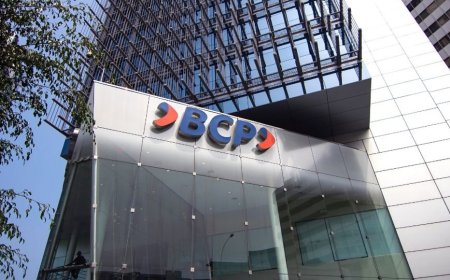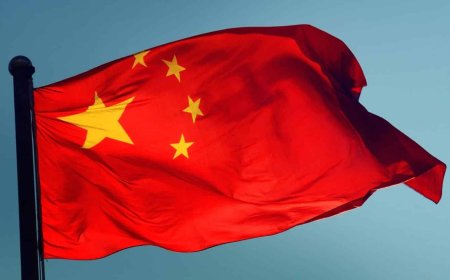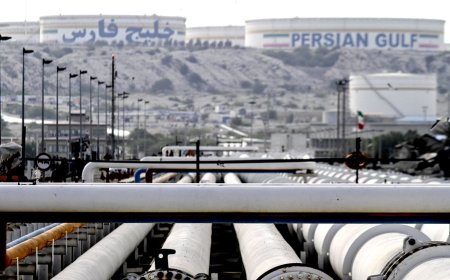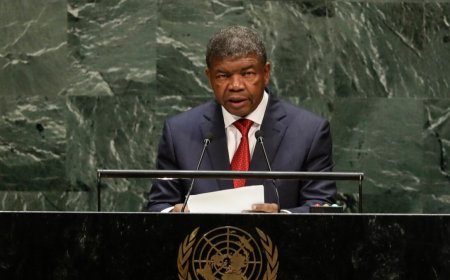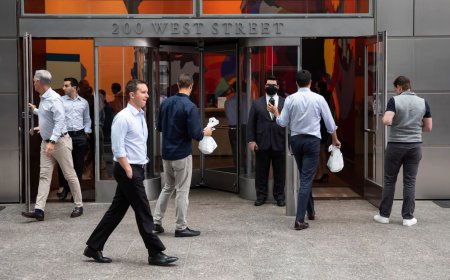Bloomberg news agency considers the kwanza to be the worst currency in the world against the dollar.
The continued devaluation of the national currency, the kwanzas against the U.S. dollar is today, Tuesday, considered as the worst currency by the Bloomberg financial agency.
Maquento Domingos
The continued devaluation of the national currency, the kwanzas against the U.S. dollar is today, Tuesday, considered as the worst currency by the Bloomberg financial agency.
According to the agency, the kwanza is worth 804.37 to a dollar, making it the second worst currency in the world compared to the U.S. currency.
The kwanza, he said, has already fallen 37% since May 11, following the end of state fuel subsidies, which motivated strong social opposition and a an increase in prices.
He said that the National Bank of Angola should implement measures to strengthen the kwanza, in addition to helping the economy diversify and control inflation.
It also estimated that inflation will rise from 14.7% at the end of this year to 17.1% in 2024.
Inflation in Angola rose to 10.62% in May, ending 15 months of decline, after the government cut fuel subsidies.
O novo governador do Banco Nacional de Angola, já reviu a previsão de inflação para este ano em alta, antecipando agora um aumento dos preços entre 9 e 11% no final de 2023.
Bloomberg news agency considers the kwanza to be the worst currency in the world against the dollar
The continued devaluation of the national currency, the kwanzas against the U.S. dollar is today, Tuesday, considered as the worst currency by the Bloomberg financial agency.

Maquento Domingos
The continued devaluation of the national currency, the kwanzas against the U.S. dollar is today, Tuesday, considered as the worst currency by the Bloomberg financial agency.
According to the agency, the kwanza is worth 804.37 to a dollar, making it the second worst currency in the world compared to the U.S. currency.
The kwanza, he said, has already fallen 37% since May 11, following the end of state fuel subsidies, which motivated strong social opposition and a an increase in prices.
He said that the National Bank of Angola should implement measures to strengthen the kwanza, in addition to helping the economy diversify and control inflation.
It also estimated that inflation will rise from 14.7% at the end of this year to 17.1% in 2024.
Inflation in Angola rose to 10.62% in May, ending 15 months of decline, after the government cut fuel subsidies.
O novo governador do Banco Nacional de Angola, já reviu a previsão de inflação para este ano em alta, antecipando agora um aumento dos preços entre 9 e 11% no final de 2023.
What's Your Reaction?








